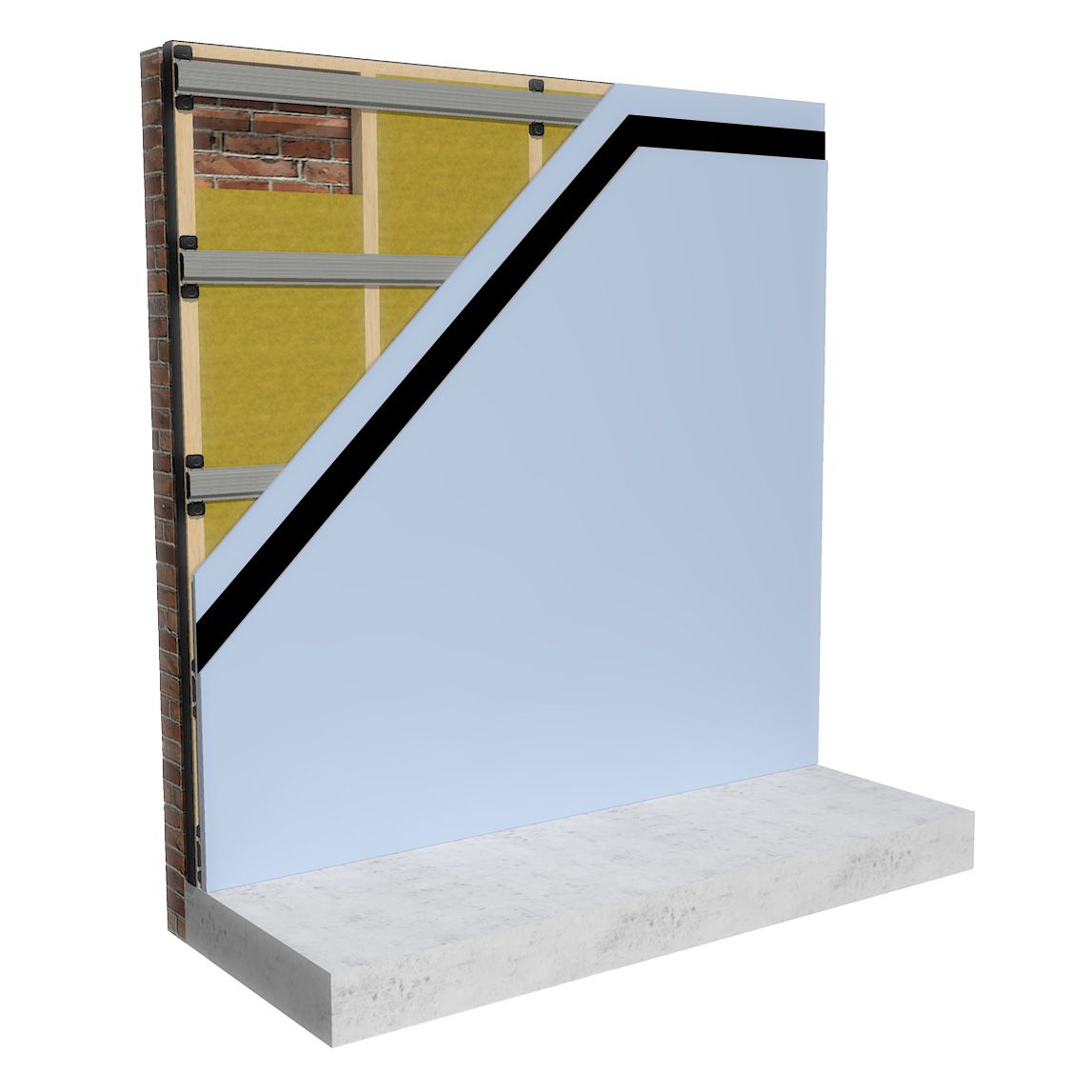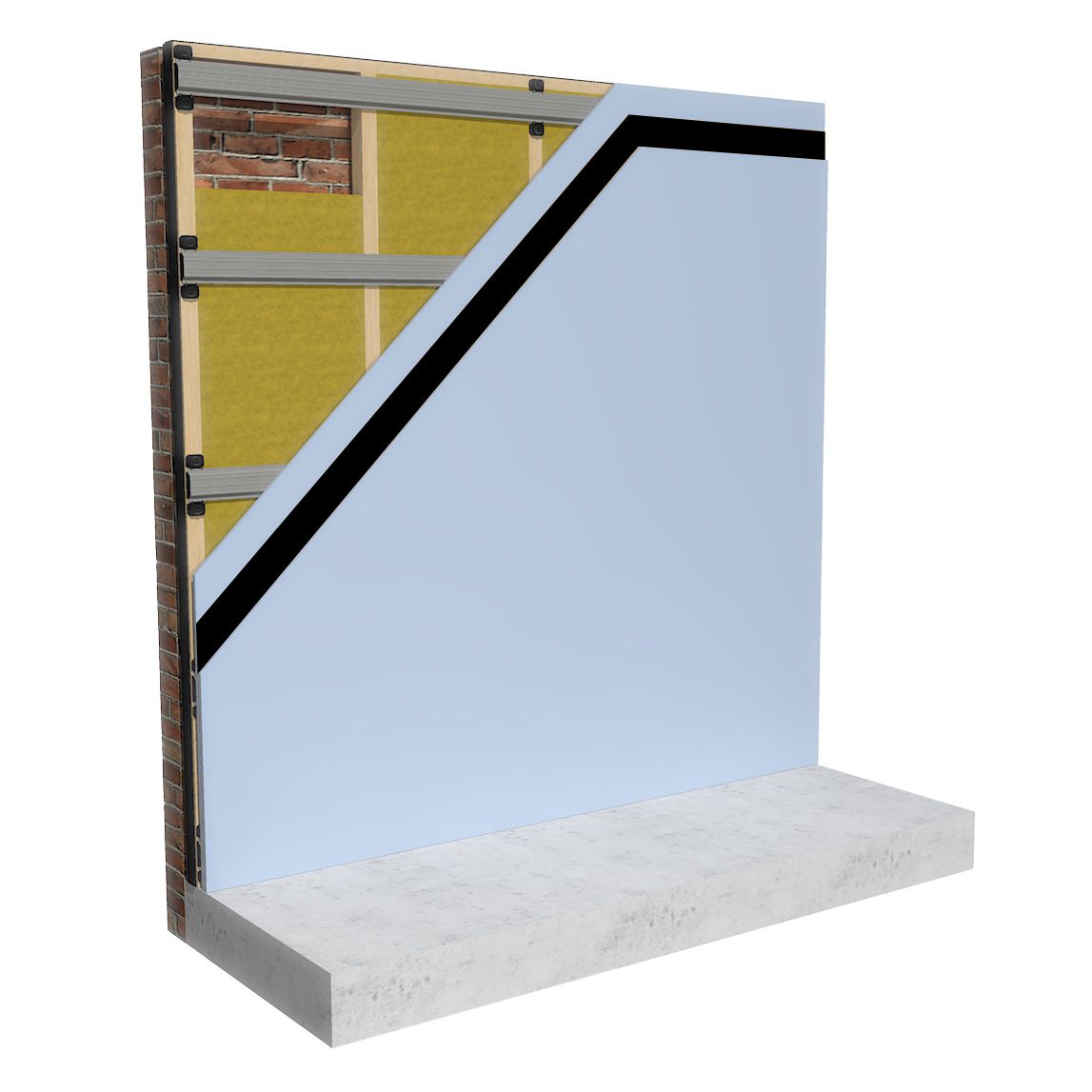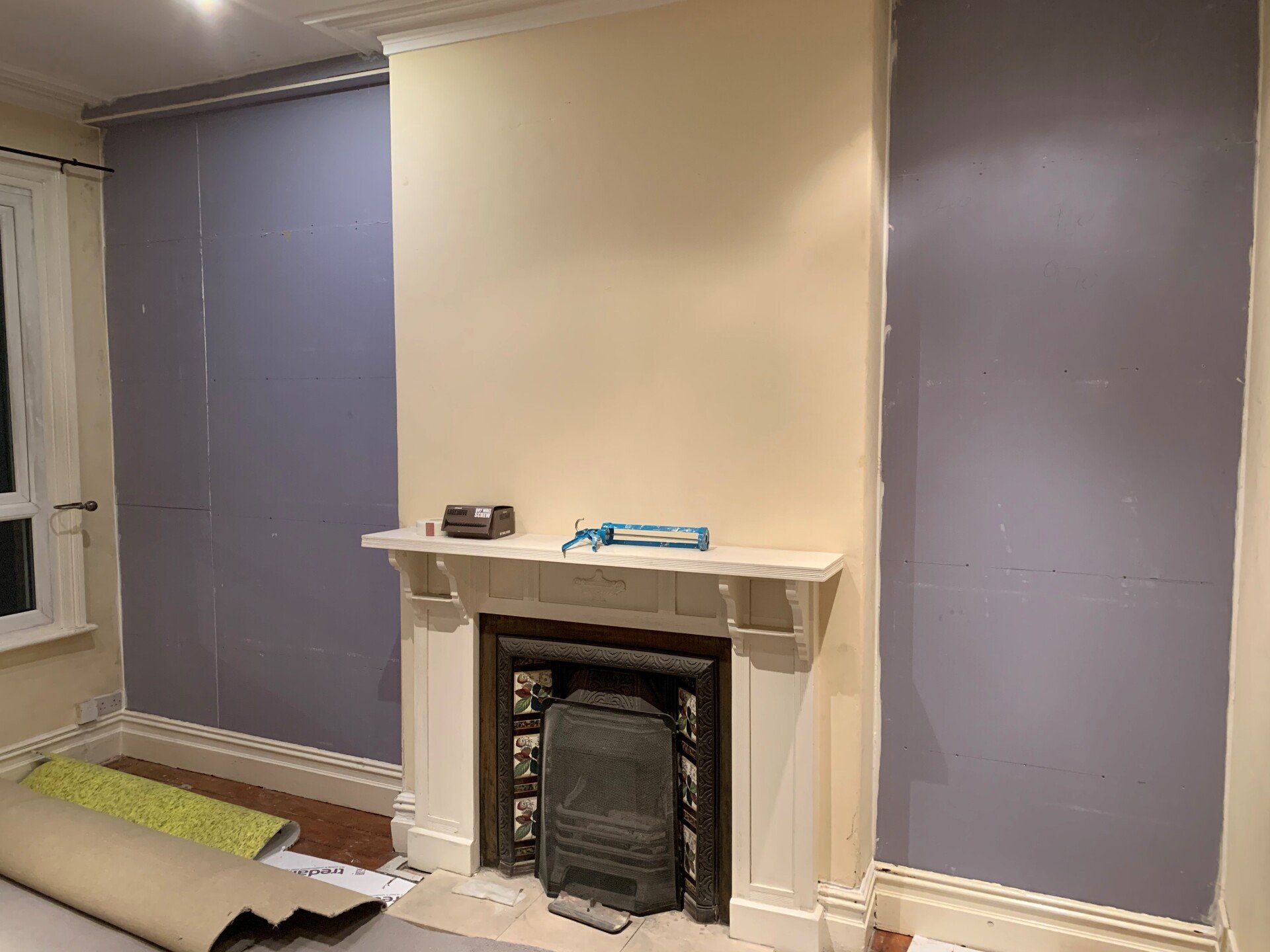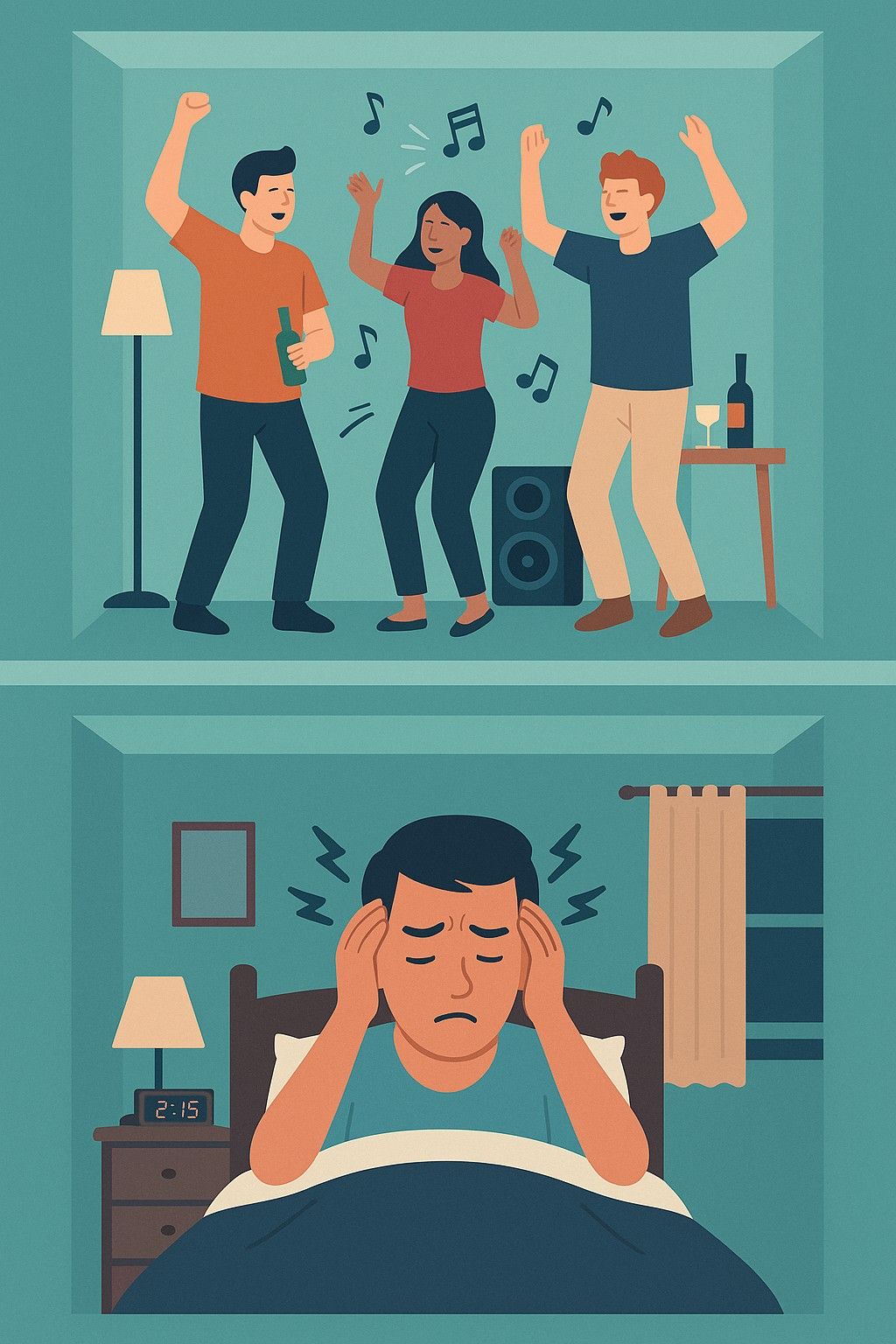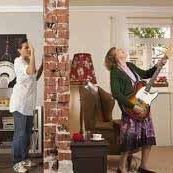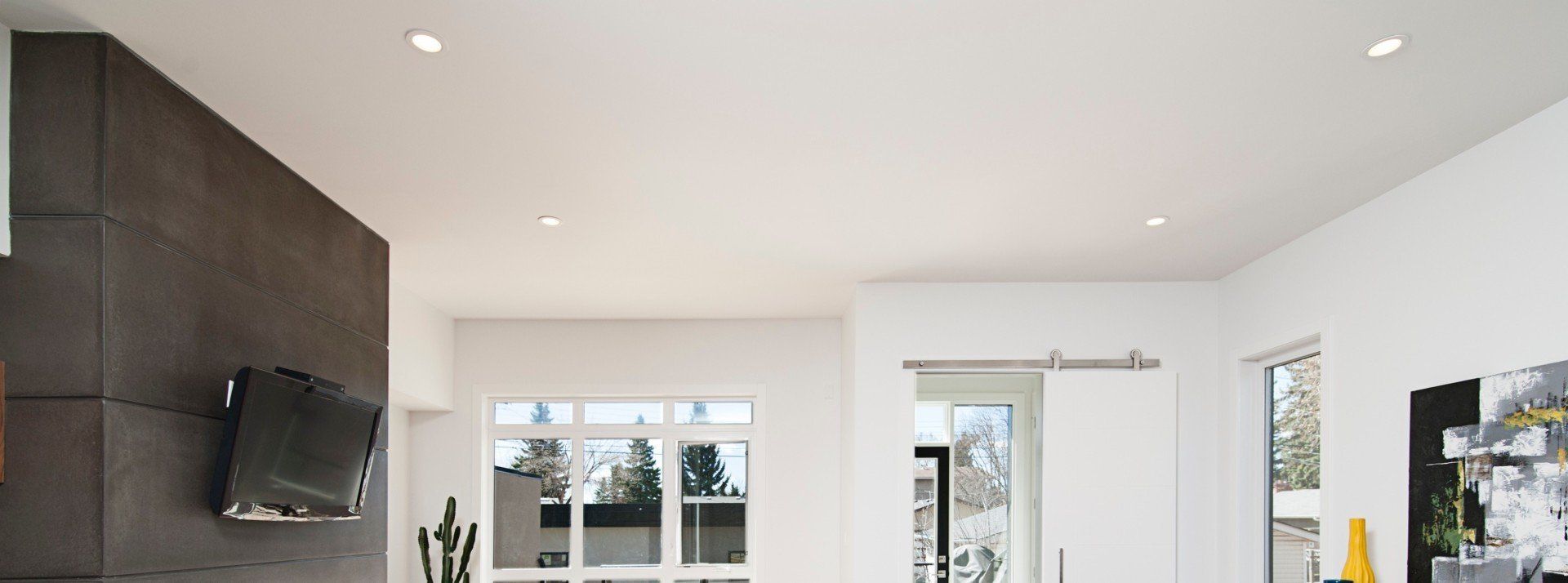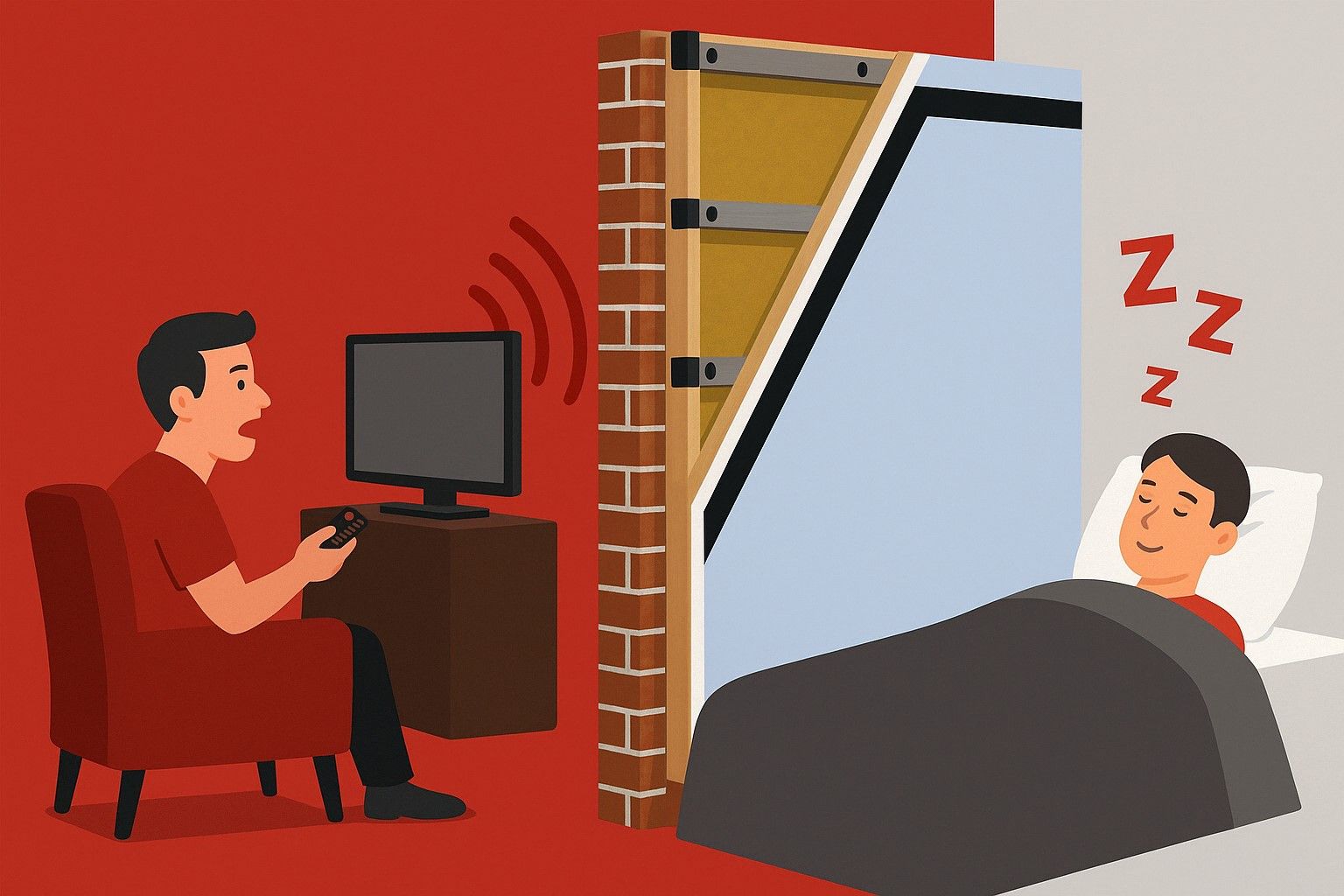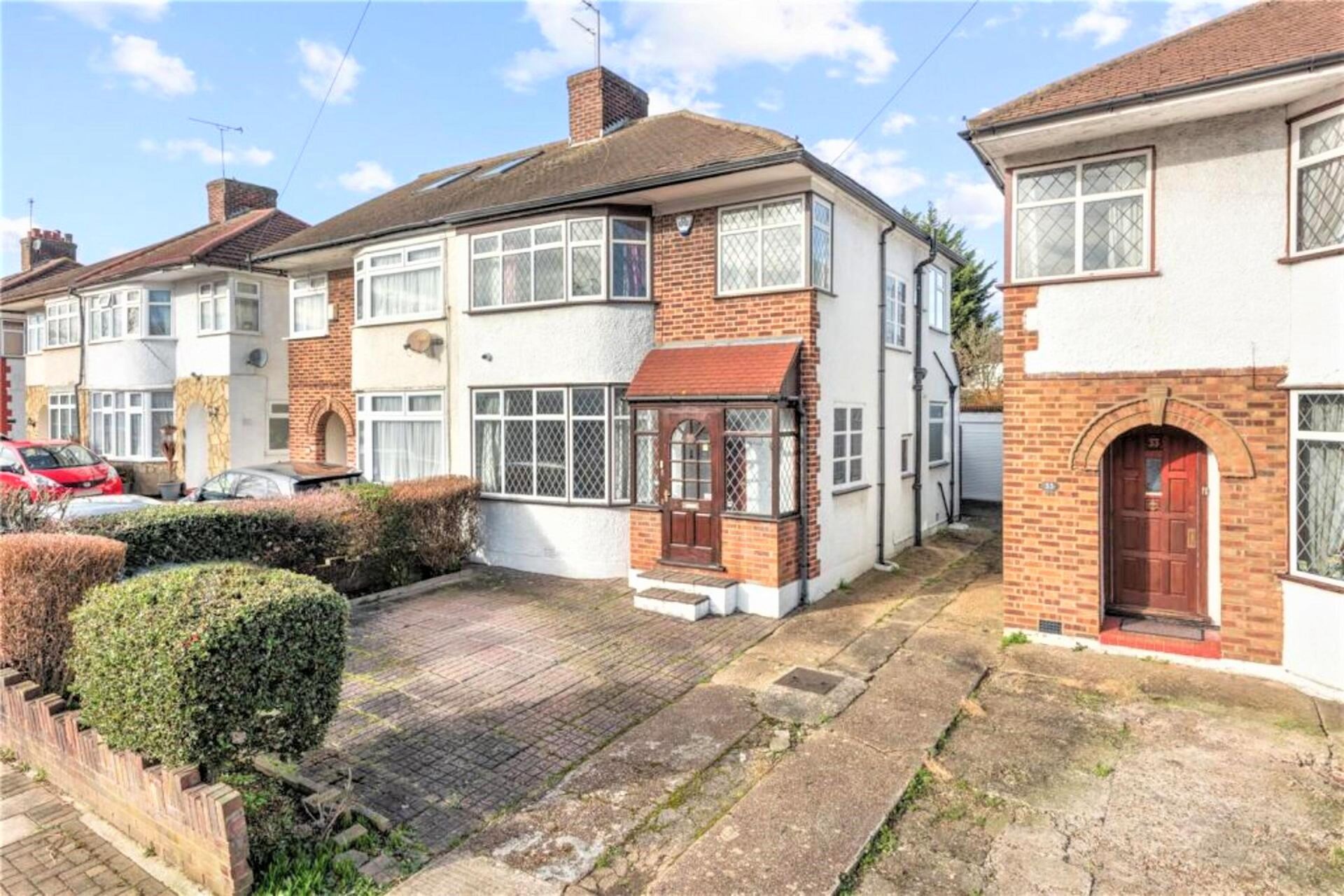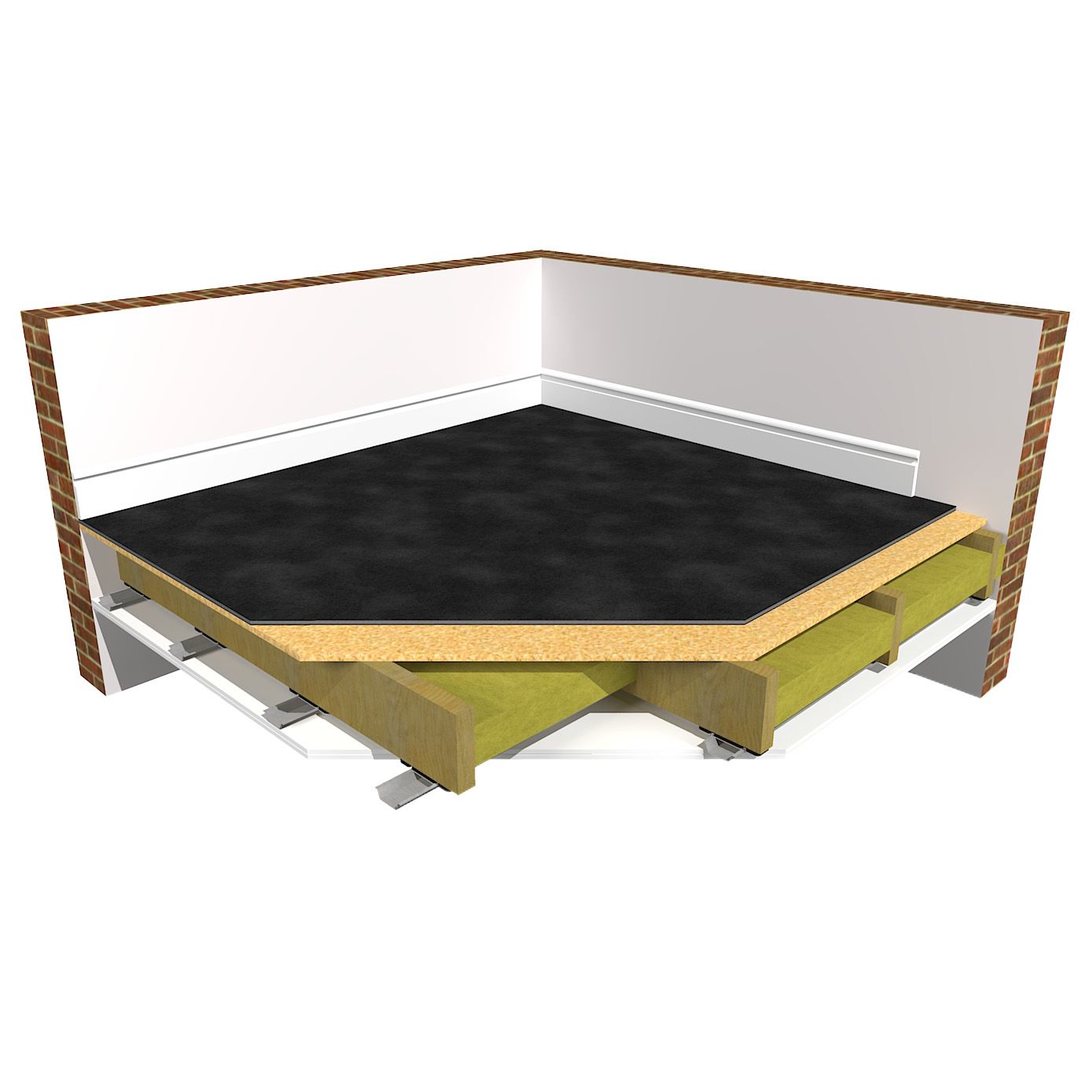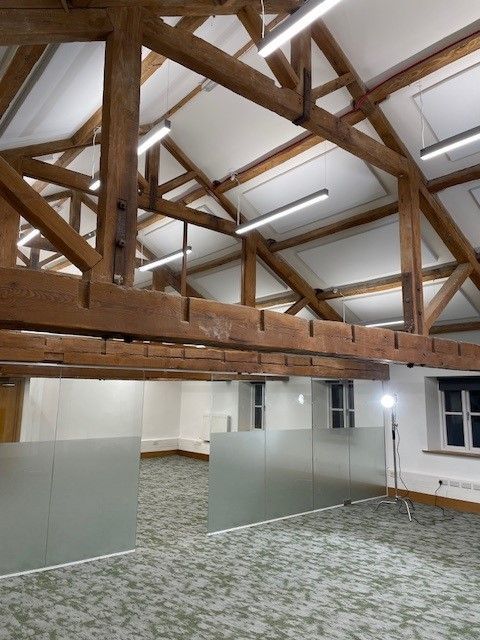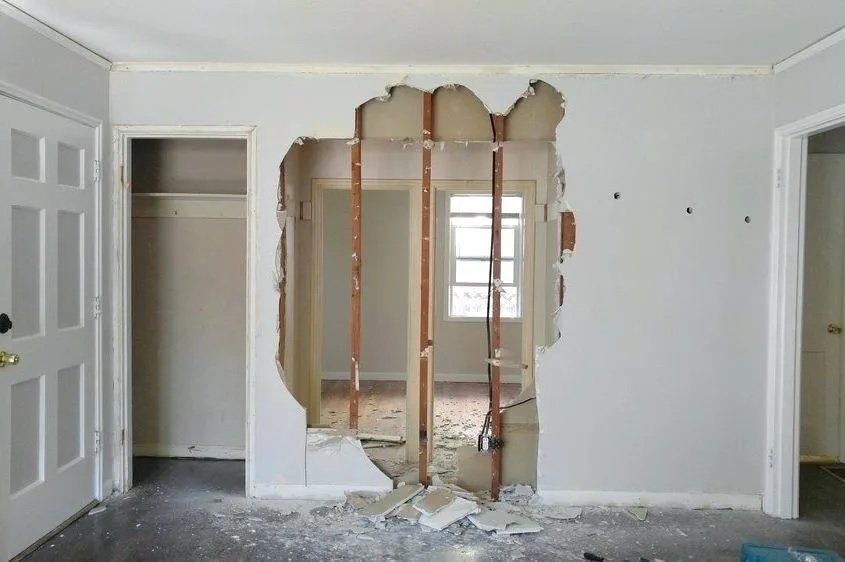Which Wall Soundproofing System Should I Choose?
Helping You Choose Between Our Selection Of Wall Soundproofing Options
The most common enquiry we receive at The Soundproofing Store is about reducing noise from neighbours on the other side of a solid party wall. When trying to solve this problem we offer three main solutions:
- Independent ReductoClip™ System (120mm) Highest performing soundproofing solution
- Direct to Wall ReductoClip™ System (60mm) Excellent performance with a slim profile
- SoundBoard 4™ System (30mm) For tight spaces
This leads customers to the following questions;
Which system is best for MY situation?
Why should I use the ReductoClip Systems over the thinner, cheaper SoundBoard 4?
To help you in your decision, have a think through the information below.
Soundproofing is not a one size fits all solution
When trying to decide on the best wall insulation system for you, you must bear in mind that soundproofing systems are designed to deal with different levels of sound and different types of sound. Just because a material or system is for soundproofing, it does not necessarily mean it’s going to be effective for your specific construction and noise problem.
A common misunderstanding is thinking that any and all soundproofing systems will work. Effective acoustic wall solutions will reduce the noise, but at varying levels and how effective the performance, depends on the below factors.
Generally, a more expensive system will reduce the volume considerably. However, thinking a cheaper system will still offer a good reduction is unfortunately not the case. For particular wall types and noise problems, some systems will be completely ineffective. This doesn’t mean they don’t work or are no good, they are just not designed for that specific situation.
A silly analogy to make the point would be like saying tomato ketchup is a perfectly nice condiment to put on your hotdog, but you wouldn’t want to put it on your chocolate cake.
What Factors To Consider When Choosing Your Wall System?
1. The construction of the wall i.e is the wall a plasterboard stud wall, a single brick wall, a thick stone wall, a double skin cavity wall?
Sound reduction can be affected by a law of diminishing returns. In other words, the better the wall is to begin with, the better system you need to add to make a significant difference.
For example, if you have a very light weight plasterboard wall that is very low in mass, just adding a little extra mass such as a layer or two of plasterboard will already make a noticeable difference. A solid brick wall that is higher in mass will get no noticeable difference from just adding a couple of layers of plasterboard as this is very little extra mass in context to how much mass the wall already has. Therefore a better system is needed. A very good wall such as a cavity wall, will need a really good system to make any noticeable difference because it’s already doing such a good job already.
2. The type of sound i.e Airborne or Impact
Airborne sound is sound that is projected into the air such as voices, coughing, snoring, music etc.
Impact sound is physical impact on the structure such as banging doors and cupboards, dragging furniture, hoovers hitting skirting boards, footfall on stairs etc. This creates a strong vibration energy in the structure that can easily spread.
Airborne sound is predominantly blocked by mass. The more weight and density you add to the wall the more mass it will have and the harder it is for sound to travel through. At the same time, sound is also an energy, so it is important to add some resilience to the wall to dampen that energy. This will give a good sound reduction.
Impact noise is trickier to deal with as we have to stop the strong energy and vibration of the impact from getting to your side of the wall. The best way to do this is to completely de-couple the soundproofing from the structure to break the route between the neighbours side and yours. Or alternatively, isolate the soundproofing using a shock absorbing suspension system to dampen high levels of vibration (such as the ReductoClip Independent Wall System).
3. The pitch or frequency of the sound
Sound covers a wide spectrum of pitch / frequencies from very low bass to very high treble.
The lower the pitch of sound the stronger the vibration energy. Higher pitched sounds such as female voices etc will be more reduced by just adding mass, whereas lower frequencies such as bass in music need to be treated more like impact by stopping the energy.
4. The clarity of the sound
This ties in with the frequency and pitch. Clarity comes from the higher frequencies of sound. For example, if you can hear conversation from next door and can hear the words of the conversation clearly as if you were in the same room, then the higher frequencies of sound are getting through the wall. If the conversation sounds muffled so you can hear voices but not specific words, then the wall is already doing a good job at reducing the higher pitch sounds but is letting through the lower pitch sounds making it muffled.
5. The volume of the sound
This is an obvious one. If the sound is extremely loud and disruptive a system that reduces the volume by say 50% will have made a big difference, but even the 50% that remains will still be loud. In which case, you really need a high performing system that can offer much higher reductions. If the sound is very quiet, then a lower performing system may be enough to solve the problem.
6. Your sensitivity to the sound
We get a big mix of customers calling us from people who are not too fussed about the noise and get on very well with their neighbours, but think it would be nice to get a little reduction to make things even better. Alongside extremely emotional customers whose lives are being severely disrupted by anti-social neighbours keeping them awake all night and creating a very stressful environment.
In the first case a small reduction is fine so a lower performing system might be suitable. For the emotional customer, just reducing the sound a little bit is not going to solve their problem and bring peace to their lives, so they will need to use the highest performing system they possibly can, to reduce the unwanted noise as much as possible.
Summary: Which wall soundproofing system should I use
There are a number of important factors to consider when choosing the correct wall soundproofing system, which have been highlighted above.
Our recommendation would be to always speak to a soundproofing expert, who will firstly ask questions about your individual situation. Only then can the they advise on the best performing acoustic wall solution.
Share
"We don’t expect you to become an overnight expert in soundproofing, that’s what we’re here for."
